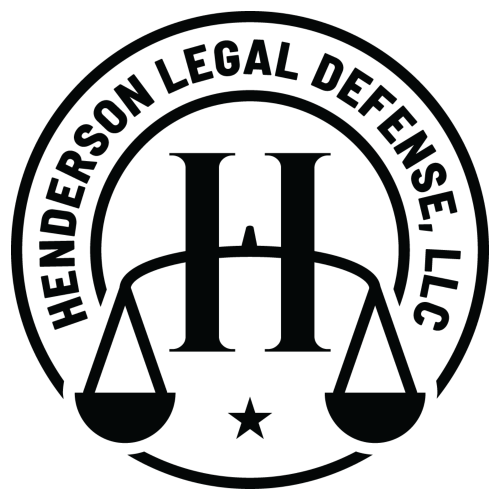Navigating Drug Possession Charges: What You Need to Know
Navigating Drug Possession Charges: A DUI Defense Lawyer in Olathe, KS, Explains What You Need to Know
Understanding Drug Possession
Charges for drug possession fall into two main categories: actual possession and constructive possession. You may be charged with actual possession if the drugs are directly on your person, such as in your pocket or a bag you’re carrying. Constructive possession means having control over the drugs or having the right to control them, even if they aren’t physically on you. For example, if drugs are found in your car or home, you could be charged with constructive possession.
In Kansas, possession of any controlled substance, even small amounts, is a crime. However, the severity of the penalty depends on the type of substance and the quantity possessed. CBD products containing zero percent THC are exempt from the criminal code. Possession of any amount of marijuana is a misdemeanor, with a maximum penalty of 6 months in jail and a $1,000 fine. For possession with intent to distribute, the penalties become more severe. For example, possessing 450 grams or more of a controlled substance is a felony, carrying a potential sentence of 10 months probation to 42 months in prison and a $100,000 fine.
Factors Affecting Severity of Charges
Type of Drug
Controlled substances are categorized into “schedules” based on their potential for abuse and medical use. Drugs in lower schedules (like marijuana) may result in less severe charges compared to drugs in higher schedules (like heroin or cocaine).
Amount of Drug
The quantity of the controlled substance found in your possession can significantly impact the charges filed against you. Possessing larger amounts may suggest an intent to distribute the drugs, leading to more serious charges.
Prior to Criminal History
Having a previous criminal record, particularly drug-related convictions, can lead to harsher penalties.
Potential Defenses Against Drug Possession Charges
The Importance of Seeking Legal Representation
What to Expect: The Legal Process
Arrest and Booking
If you are arrested for drug possession, you will be taken into custody and booked at the police station. This involves having your personal information, fingerprints, and mugshot taken.
Bail
Depending on the severity of the charges and your criminal history, you may be eligible for bail. Bail is a sum of money or bond set by the court to ensure you will appear for your court dates.
Arraignment
Your arraignment is your first court appearance, where you’ll be informed of the charges against you and have the opportunity to enter a plea of guilty, not guilty, or no contest.
Pre-Trial Hearings
During these hearings, your attorney and the prosecutor may discuss potential plea agreements, review evidence, and address legal motions.
Trial
If you plead not guilty, your case will proceed to trial. Both sides will present their evidence and arguments to a judge or jury, who will determine your guilt or innocence.
Sentencing
If convicted, the judge will impose a sentence. Potential penalties for drug possession can include fines, probation, drug treatment programs, or jail or prison time.
Mitigating Factors and Alternative Sentencing Options
Frequently Asked Questions About Drug Possession Charges
Can I Be Charged with Drug Possession If the Drugs Weren’t Mine?
Yes. Depending on the circumstances, you can still face charges even if the drugs belonged to someone else. Factors like your proximity to the drugs, whether you knew about their presence, and if you had any control over them can influence whether you are charged.
What If I Have a Valid Prescription for the Drug?
Generally, possessing controlled substances prescribed to you by a doctor is legal. However, it’s crucial to always carry your valid prescription with you to avoid any misunderstandings.
Will a Drug Possession Conviction Stay on My Record Forever?
The length of time a drug possession conviction remains on your record varies depending on the severity of the offense. In some cases, you may be eligible for expungement, where the conviction is removed from your criminal record.
Can I Lose My Job or Professional License if I’m Convicted of Drug Possession?
Yes. Drug convictions can have significant consequences on your employment prospects and professional licenses. Some employers have strict policies against hiring individuals with criminal records, and officiating bodies of certain professions may revoke a license due to a drug conviction.
How Much Does a Criminal Defense Attorney Cost?
A criminal defense attorney’s charges vary depending on the lawyer’s experience, the complexity of your case, and the anticipated amount of work involved. Many defense attorneys offer payment plans to make their services more accessible.

